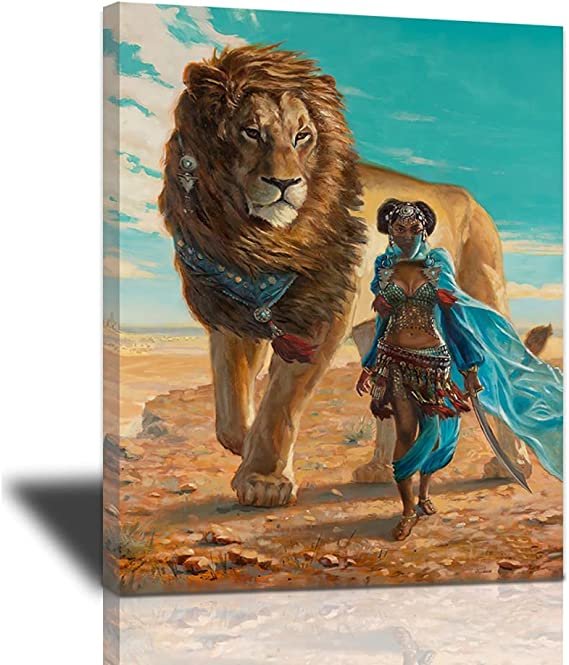Faith Requires Mutual Love
Let brotherly love continue.
(Hebrews 13:1)
Is brotherly love and mutual love similar? The writer of Hebrews concludes his letter with a profound statement that encourages believers to continue their brotherly love faithfully. This type of love involves meeting the needs of others through a mutual sharing of possessions and activities, as demonstrated by the early church. Is such a task practical in the 21st century, when people prey on the goodwill of others and are more prone to receiving instead of giving? Every day we witness hurting people who only know how to hurt others, resulting in an entitlement mentality.
However, I believe the writer's message is needed more ubiquitously in today's society for the following reason. First, as believers, we receive forgiveness through the blood of Jesus, which enabled a new and divine nature within each of us. This nature allows us to become capable of mutual love toward others. Second, we have many opportunities to demonstrate brotherly love, to include using social media platforms like Twitter, Facebook, and Instagram, as well as blogs. Therefore, we must make a plea like Jesus in Matthew 26:39, nevertheless not as I will, but as thou wilt when interacting with others. Finally, our love for God serves as the foundation for our brotherly love toward others. Although this is a straightforward statement to make, it isn't easy to put into practice. Why? I believe the Aesop Fable entitled the Lion in Love paints the rationale for my why:
A Lion fell in love with a beautiful maiden and proposed marriage. The maiden's parents did not know what to say. They did not want to give their daughter to the Lion, yet they did not wish to enrage the King of Beasts. At last, the father said: "We feel highly honored by your Majesty's proposal, but our daughter is a tender young girl, and we fear that in the heat of love, you might possibly do her injury. Might I venture to suggest that your Majesty should have your claws removed and your teeth extracted; then, we would consider your proposal again." The Lion was so much in love that he had his claws trimmed and his big teeth taken out. But, when he came to the young girl's parents again, they laughed at him.
In this fable, the one who gives all becomes vulnerable while the others do not reciprocate the same in return. We see love as a reciprocal process, expecting to receive the same that we give. Nevertheless, as believers, the love we demonstrate is an extension of God's love (agape). Agape has no expectation and no self-interest except the interest of God. If believers exercise agape, they will reciprocate the same in the afterlife when Jesus introduces them to His Father. Your name will become known among the angels as one who exercises love with no attachments.
He that overcometh, the same shall be clothed in white raiment; and I will not blot out his name out of the book of life, but I will confess his name before my Father, and before his angels. Revelations 3:5
Therefore, allow brotherly love to occur despite the mutual outcome of the one with whom you are sharing your love. Remember your name will become renowned among the heavenly angels simply because you demonstrated brotherly love!

